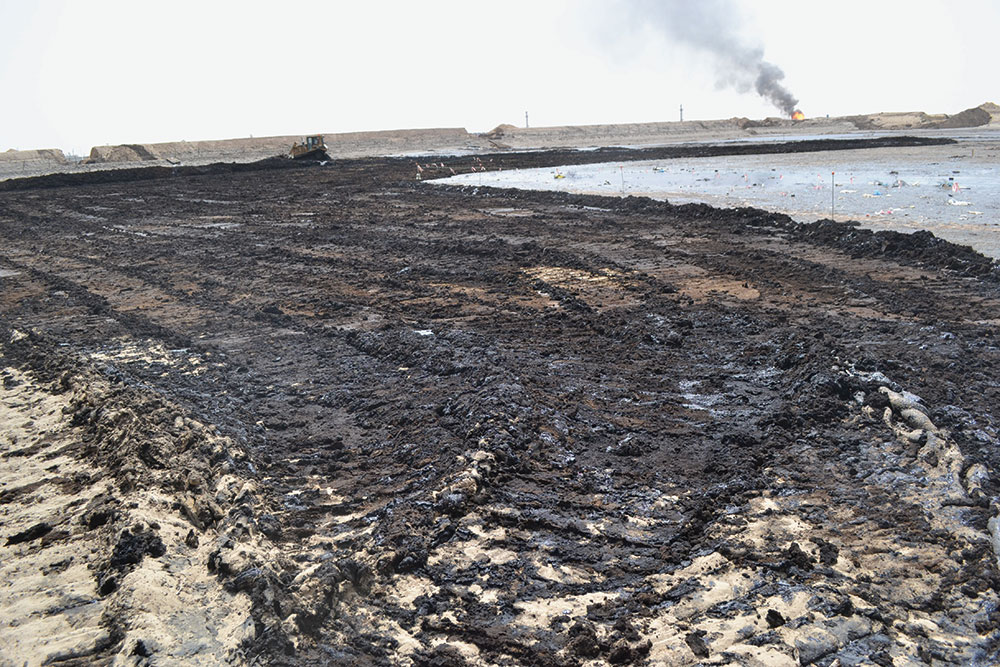China’s biomass energy development – a perception change from waste to resource
China has a longstanding tradition of using biogas for decentralised energy supply. Already, there are nearly 42 million household digesters in the rural areas, a figure set to double by 2020. But the country has even more ambitious plans. In order to achieve its own climate targets and raise the share of renewables in overall energy supply to 15 per cent by 2020, it wants to set up 16,000 middle- and large-scale biogas plants. However, implementation isn’t quite so easy.





